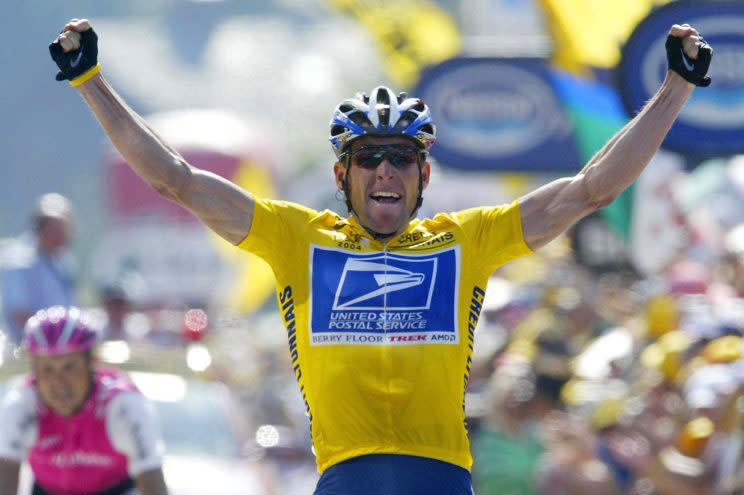Study suggests Lance Armstrong's PED use may have been for nothing

The use of erythropoietin (EPO) has no effect on athletic performance, acccording to a recent study, which then begs the question: Did Lance Armstrong dope for nothing?
The study, published (ironically?) in The Lancet medical journal, divided 48 high-level (but amateur) cyclists into two groups. One group was given EPO, while the other group was given a placebo. The results: after a series of grueling rides, the two groups showed no difference in performance whatsoever.
EPO, which is one of 300 substances banned by the World Anti-Doping Agency, has long been prevalent in professional cycling throughout the years. The drug is purported to help an increased level of oxygen reach muscles in the body, and is widely thought to increase endurance.
Among the PEDs Armstrong has admitted to using, EPO was the only one he used during each of his since-stripped seven Tour de France titles.
While this study did not use pro cyclists, lead researcher Jules Heuberger apparently has no problem making the connection.
“It’s just tragic to lose your career for something that doesn’t work, to lose seven yellow jerseys for a drug that has no effect,” said Heuberger, who did the research at Holland’s Centre for Human Drug Research.
Interestingly, although the drug benefited athletes in lab settings, this did not translate to actual cycling races, which constituted racing up a hill for this study.
Researchers suggest that the only advantage gained by those taking EPO might be a mental enhancement.
“Our study was designed to apply the gold standard of clinical trials to doping research,” Heuberger said. “We found that while rHuEPO increased performance in a laboratory setting on high intensity tests, the differences largely disappeared in endurance tests, and were undetectable in a real-world cycling race.”
World Anti-Doping Agency head Olivier Rabin remains skeptical of the findings from this study.
“We would need much more than this,” Rabin told the Associated Press. “The scientific community will receive this with a lot of skepticism.”
The 2017 Tour de France gets underway on Saturday in Dusseldorf, Germany.



